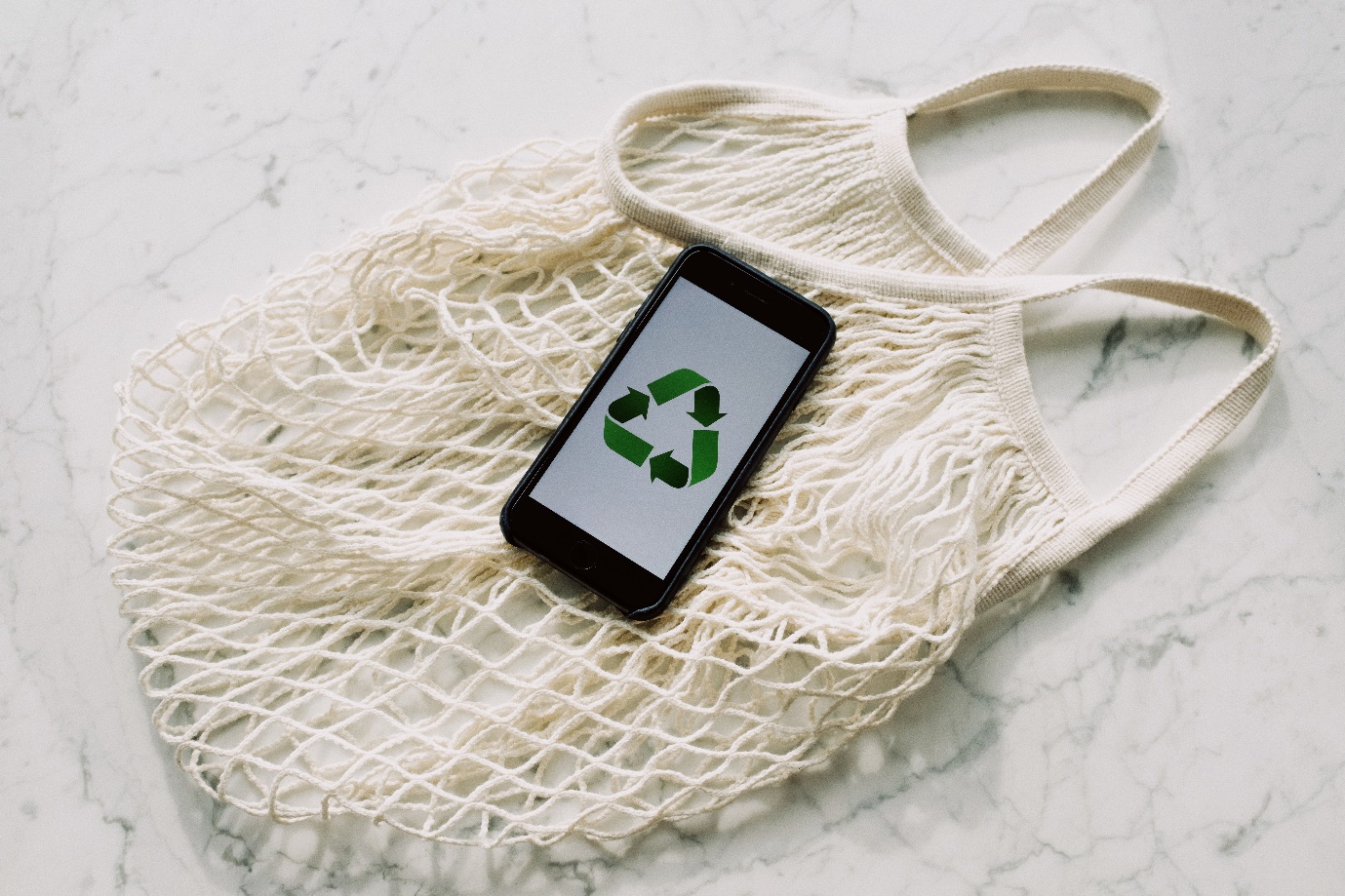Numerous marketing tactics can be employed to efficiently advertise a company’s offerings. However, concepts like the “hard sell” are giving way to what many refer to as a more straightforward approach, which is known as sustainable marketing.
Many business owners may wonder what exactly sustainable marketing is. Why are companies implementing this strategy? What has changed in the methods, and what does the future hold? It can be difficult to wrap our heads around these questions, so let’s take a closer look at each one.
Definition of Sustainable Marketing
The promotion of environmentally friendly products or services is referred to as sustainable marketing. It could also involve socially responsible measures like brand transparency or donating a percentage of profits to charity. Overall, when compared to more traditional ways, this procedure is concerned with more “noble” causes.
Still, keep in mind that sustainable marketing is also a powerful tool if you hope to enhance your brand identity while enjoying a higher return on investment (ROI). In this sense, there are three so-called bottom lines to appreciate: the planet, people, and profit. Having said that, we have recently witnessed several developments. What has the concept of sustainable marketing developed, and what does it mean for the average company?
History of Green Marketing
As early as the 1970s, the idea of sustainable and green marketing began to develop. The only problem was that many businesses believed such tactics to be too pricey, and as a result, few made any adjustments. The concept of green marketing would take another decade to acquire traction in the business realm.
Companies began to place a higher emphasis on tactics such as the development of sustainable packaging solutions and large-scale product recycling because of technological improvements. The fact that customers were becoming more aware of their impact on the environment was, of course, another important driving force behind these changes. Simply said, it was sound business judgement at the time.
Sustainable Marketing as a Functional Strategy
During the first half of the 1990s, scientists began to see the effects of climate change. As a result, it should come as no surprise that marketing policies began to shift once more. 1996. It was used to define how businesses may embrace environmentally responsible practices while maintaining long-term client connections.
Similarly, such a strategy entailed providing value to customers while reducing the use of human and natural capital. In other words, when compared to the green techniques discussed in the preceding section, sustainable marketing began to reflect a more well-rounded strategy.
The Impact of the Internet
Thanks to the Internet, sustainable marketing began to take another evolutionary stride. With the use of online resources, it was much easier for businesses to advertise what they had to offer. Of course, this is now the basis of all digital marketing strategies.
The major conclusion here is that relationship development has become a critical component of long-term marketing. It was no longer sufficient to merely promote green measures in the hopes of gaining attention. To better understand their target audience’s issues, businesses must communicate with them.
Consumer awareness was the final component of this equation. Buyers were becoming increasingly conscious of the environmental impact of products and services. As a result, if a firm refuses to implement sustainable practices, people will just search elsewhere. Transparency and corporate accountability become even more crucial as a result.
Engaging a Demanding Audience Proactively
So, what is the present situation in terms of environmentally friendly marketing? The most straightforward way to respond to this question is to say that all the policies mentioned above have merged into a single strategy. However, there is a little more to it than meets the eye at first.
Consumers, first and foremost, expect data to back up any long-term claims made by a company. Flashy advertising is no longer sufficient. They also want topics (like the advantages of reconditioned items) to be communicated simply and straightforwardly. It is no longer enough to merely declare that such processes are environmentally friendly. Other criteria, such as cost savings, contribution to a circular economy, and lifespan, should be made available to them.
What Does the Future Hold for Sustainable Marketing?
Where are we heading now that we’ve seen how sustainable marketing has grown over time? Consumers are increasingly prepared to spend extra if they are convinced that a product or service is made from sustainable resources. They consider such purchases to be long-term investments rather than one-time sales. Transparency will also be emphasized, and businesses must be able to demonstrate that they have implemented sustainable practices.
The final component of the jigsaw is accountability. Companies of all sizes will need to conduct internal audits to ensure that the most sustainable practices are being implemented. Enhanced levels of responsibility can be accomplished by employee education and timely audits, for example.
A More Sustainable Future
It’s worth noting that the government is now adopting many of the same tactics discussed above. As a result, it stands to reason that one of the pillars of every successful firm would be sustainable marketing. Although it is still debatable whether the present consequences of climate change can be reversed, it is now obvious that businesses must embrace more environmentally friendly practices to ensure the health of future generations.
Author Bio: This article was written by Eloise Tobler of Wisetek Store. Wisetek Store is part of the larger ITAD Company Group Wisetek, and was created to give customers access to high quality, reliable and affordable refurbished devices such as refurbished MacBooks.



